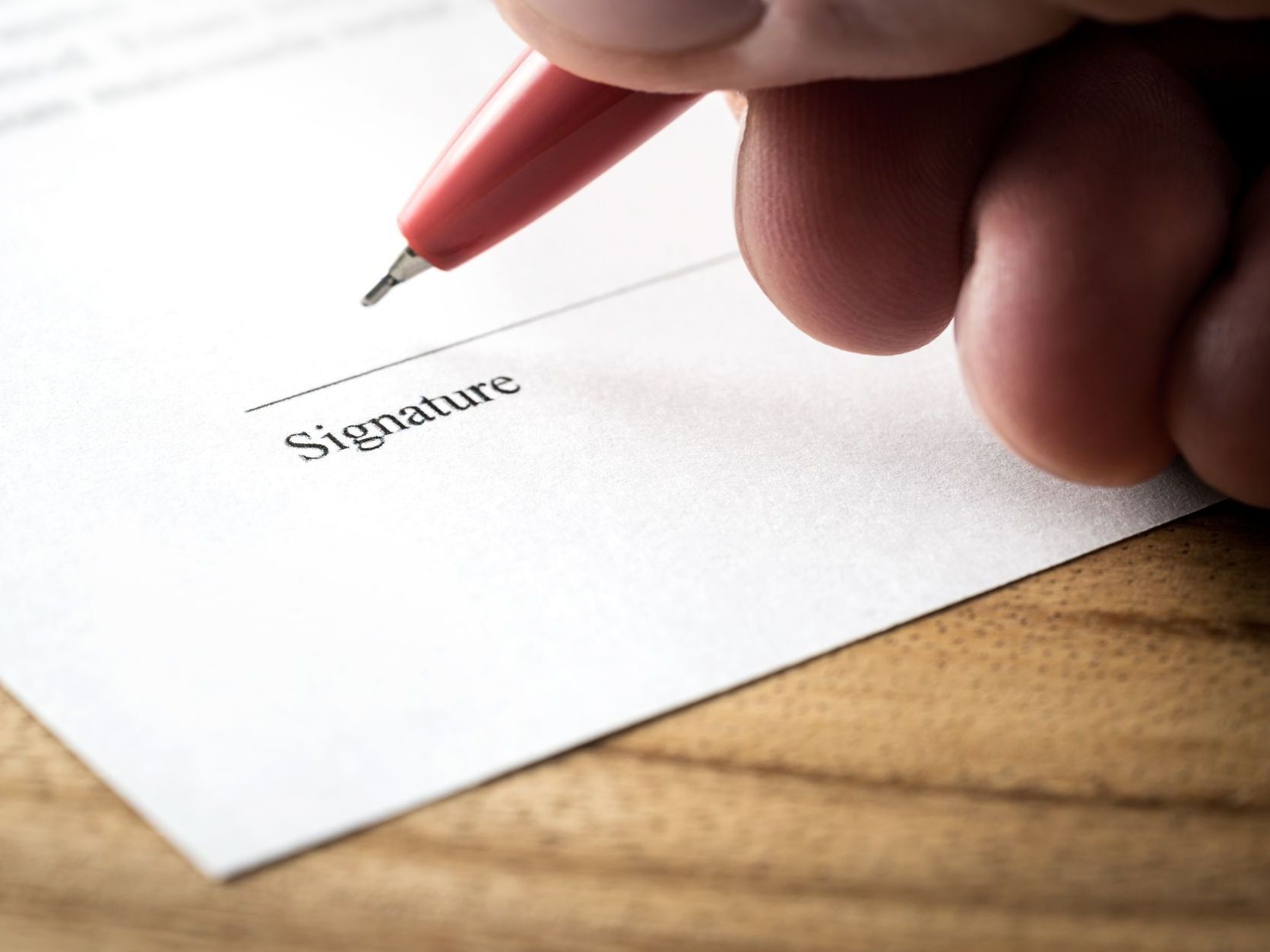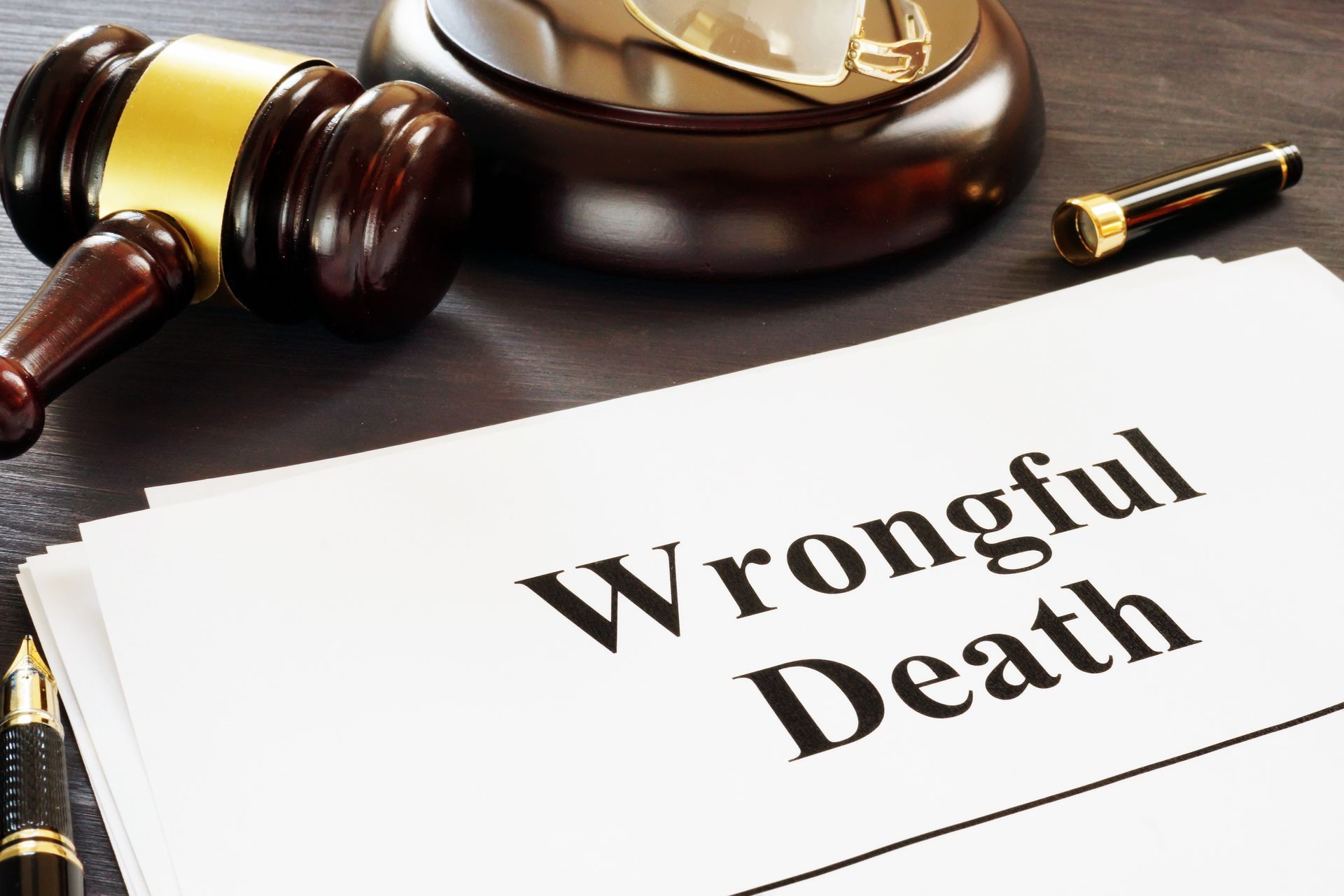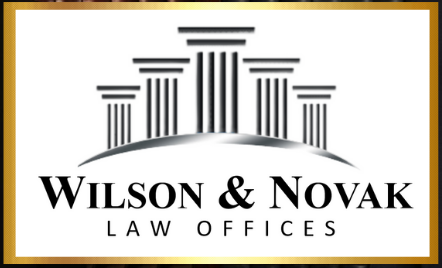What to expect from a car accident settlement
Understanding Car Accident Settlements
A car accident settlement is an agreement to resolve disputes without trial, involving negotiations for compensation for damages. This process begins with filing a claim with the at-fault party's insurance, which investigates the accident and assesses the claim using evidence like police reports and medical records. Having a personal injury attorney is crucial for proper representation and consideration of all details.
Negotiations typically start with a lower initial offer from the insurance company, which can be countered with detailed documentation to justify a higher settlement. A well-negotiated settlement can cover medical expenses, lost wages, and non-economic damages like pain and suffering. Each case is unique, and the settlement should reflect the full extent of your losses to maximize compensation. Understanding this process is essential for achieving a satisfactory resolution.

The Basics of a Car Accident Settlement
A car accident settlement aims to compensate the injured party for their losses. These losses can be economic, such as medical bills and repair costs, or non-economic, like emotional distress.
To start the settlement process, a claim is filed with the insurance company of the at-fault driver. This claim should include evidence to support your case. Police reports, medical records, and witness statements are vital.
Insurance companies typically evaluate the claim's validity and extent. They will calculate an initial settlement offer. It's often lower than expected, but negotiations can lead to a better deal.
You have the right to negotiate for a higher compensation amount. Thorough documentation and a reasoned explanation for your demands help in this process. Hiring a lawyer experienced in personal injury law can make a huge difference in the final settlement amount.
A successful settlement compensates you for all losses related to the accident, while considering past, current, and future expenses. It provides financial relief and closure to those affected by the accident.
Settlement vs. Trial: What's the Difference?
Choosing between settling a case and going to trial depends on several factors. A settlement involves negotiating and agreeing on a compensation amount without legal proceedings. A trial involves the court and can be lengthy and unpredictable.
Settlements are typically faster and less costly than trials. They provide a guaranteed outcome and save the stress of a courtroom battle. Most automobile accident claims are resolved through settlements rather than trials. Many personal injury law offices are quick to settle a car accident claim so they get paid faster. We are not one of those firms. We commit to do what is in the best interest of our client, which often leads to extended negotiations.
If negotiations break down or the offer is inadequate, a trial may be the best path. If a personal injury case does go to trial, it is crucial that the case is presented by not only a personal injury lawyer, but one who is experienced in taking cases to trail.
In court, a judge or jury assesses the evidence and decides the outcome. The decision to settle or proceed to trial hinges on the specifics of the case. Consultation with a personal injury lawyer can provide valuable insight. They can help assess the strength of your case and advise on the best course of action.
Ultimately, understanding the pros and cons of each option is crucial. It ensures informed decision-making and maximizes the potential for a favorable outcome.
How Insurance Coverage Affects Your Settlement
Insurance coverage significantly impacts your car accident settlement. It determines the limits of financial responsibility that the insurer is willing to pay. Each driver’s policy offers different coverage levels.
The at-fault driver's insurance generally covers damages up to their policy limits. If damages exceed these limits, securing full compensation can become complex. This emphasizes the importance of understanding insurance terms before negotiating.
Sometimes, your own insurance may play a role. If the other driver is underinsured or uninsured, your policy might offer some additional protection. Confirming your policy's coverage before starting any negotiations is crucial.
To navigate these complexities, consider consulting with a knowledgeable attorney for legal representation. They can clarify coverage details and help interpret policy language. A clear understanding ensures that you pursue every possible avenue for compensation.
Communicating with Insurance Adjusters
Effective communication with insurance adjusters is vital during car accident settlements. They assess your claim and negotiate on behalf of the insurer. Thus, understanding their role and maintaining professional dialogue is key. When dealing with adjusters, be factual and concise. Provide accurate information about the accident and injuries. Missteps or omissions can weaken your position and affect the eventual settlement.
Keep track of all communications. This includes emails and phone calls. Detailed records provide a clear trail of the negotiation process. This documentation can protect your interests if misunderstandings arise.
Avoid admitting fault or discussing settlement specifics without full consideration. Remember that adjusters work for the insurance company, not you. Getting legal advice for your personal injury case can help protect your rights during negotiations. Knowledgeable guidance can help secure a fair settlement.
When our clients hire Wilson & Novak Law Offices to take on their case they can rest assured knowing that all communication is being handled for them, giving them one less thing to worry about.
Factors Influencing Your Settlement Amount
Several factors affect the amount you can expect from a car accident settlement. Knowing these can help you set realistic expectations. Both tangible and intangible elements play roles in determining the final compensation.
Economic damages are often the most straightforward to calculate. These include expenses like medical bills, lost earnings, and property damage. Documenting every out-of-pocket cost is crucial for claiming full reimbursement.
Non-economic damages are more complex, focusing on intangible losses. Loss of quality of lfe, pain and suffering and emotional distress fall under this category. Calculating these involves considering the lasting impact of the accident on your life.
Other factors include the severity of your injuries and any liability issues. The clearer your evidence, the stronger your claim. Insurance policy limits also dictate the potential settlement ceiling.
Below is a list of key factors that influence settlement amounts:
- Severity of injuries: More serious injuries often result in higher settlements.
- Medical expenses: Total cost of treatment influences compensation.
- Lost wages: Missed work due to injury is compensable.
- Pain and suffering: This subjective measure is crucial in many claims.
- Liability clarity: Clear responsibility can lead to quicker settlements.
Engaging professionals can ensure nothing is overlooked. An experienced personal injury lawyer can help quantify both economic and non-economic losses. With comprehensive knowledge and preparation, you'll be in a better position to negotiate a fair settlement.
Maximizing Your Car Accident Claim
Maximizing your car accident claim requires strategic steps and thorough preparation. Being well-informed about what impacts a settlement can significantly boost the compensation you receive. Gathering comprehensive evidence and documentation is crucial for your personal injury claim.
Clear and detailed records are your best friend in a claim. They provide the backbone for demonstrating the accident's impact on your quality of life. Without concrete proof, it's difficult to argue for additional compensation.
Another critical aspect is engaging medical professionals promptly. Detailed medical documentation supports claims of injury severity and need for treatment. This evidence often accounts for a significant part of your settlement.
Consistent communication with insurance adjusters is also crucial. Understanding their perspective and ensuring they have all the necessary details can help. Clear, professional interaction can often prevent misunderstandings that may delay or reduce settlement offers.
Here are key actions to enhance your claim:
- Collect accident scene photos and witness statements.
- Keep thorough records of all medical visits and prescriptions.
- Document any lost wages or changes in work capacity.
- Maintain a daily journal detailing pain levels and lifestyle impacts.
- Engage a personal injury attorney to navigate complexities.
Steering clear of common pitfalls is equally important. Avoid quick settlements that undervalue your claim, and ensure you follow all legal advice. These proactive steps can greatly increase your chances of receiving a fair settlement.
Settlement Timeline and Payout
The timeline for reaching a car accident settlement can vary greatly. Each case has its own unique circumstances which influence the duration. On average, settlements can take anywhere from a few months to over a year. Several factors impact how long the settlement process might take. These include the complexity of the accident, the severity of injuries, and the cooperation level of insurance companies. Understanding these can help manage your expectations.
During this waiting period, patience is crucial. Rushing through the process may result in accepting a lower settlement. Taking the time to build a strong case can lead to a better outcome.
Avoiding Common Settlement Mistakes in Personal Injury Cases
It’s essential to sidestep errors that could compromise your settlement.
- One common mistake is accepting the first offer. Offers often start lower than what you deserve, so negotiate assertively.
- Avoid discussing your case openly, especially on social media. These platforms are monitored and can inadvertently affect outcomes. Always maintain confidentiality regarding settlement details.
- Seek experienced legal counsel before agreeing to any settlement. A personal injury attorney can provide vital insights and safeguard your interests. Ensuring legal oversight can prevent you from being shortchanged.
Navigating a car accident settlement can feel daunting. However, being informed helps ensure a smoother process. Arm yourself with knowledge and seek professional guidance whenever needed.
Always aim for a settlement that genuinely reflects your damages. Patience and preparation are key. Keep detailed records and maintain clear communication to help secure fair compensation. At Wilson & Novak Law Offices, we’re here to guide you through the process with clarity, support, and a commitment to achieving the best possible outcome for your case. Contact us today to get started.





